21, March 2018
Amnesty says Nigerian military was warned before Boko Haram abduction of Dapchi girls 0
Nigeria’s military was on Tuesday accused of ignoring repeated warnings about the movements of Boko Haram fighters before they kidnapped 110 schoolgirls in the country’s restive northeast.
The students, the youngest of whom is aged just 10, were seized from the town of Dapchi, Yobe state, on February 19 in virtually identical circumstances to those in Chibok in 2014.
Then, more than 200 schoolgirls were taken in an attack that brought sustained world attention on the Islamist insurgency and sparked a global campaign for their release.
President Muhammadu Buhari has called the Dapchi abduction a “national disaster” and vowed to use negotiation rather than force to secure their release.
But as in Chibok nearly four years ago, human rights group Amnesty International claimed the military was warned about the arrival of the heavily-armed jihadists, yet it still failed to act.
In the hours that followed both attacks, the authorities also tried to claim the girls had not been abducted.
Amnesty’s Nigeria director Osa Ojigho said “no lessons appear to have been learned” from Chibok and called for an immediate probe into what she called “inexcusable security lapses”.
“The government’s failure in this incident must be investigated and the findings made public, and it is absolutely crucial that any investigation focuses on the root causes,” she added.
“Why were insufficient troops available? Why was it decided to withdraw troops? What measures have the government taken to protect schools in northeast Nigeria?
“And what procedures are supposed to be followed in response to an attempted abduction?”
There was no immediate response from the Nigerian military when contacted by AFP.
Multiple calls
Amnesty said that between 2:00 pm and 6:00 pm on February 19, at least five calls were made to tell the security services that Islamist fighters were in the Dapchi area.
Locals spotted about 50 members of the Islamic State group affiliate in a convoy of nine vehicles in Futchimiram, about 30 kilometres (19 miles) from Dapchi, then at Gumsa.
In Gumsa, where Boko Haram stayed until about 5:00 pm, residents phoned ahead to Dapchi to warn them. The convoy arrived at about 6:30 pm and left about 90 minutes later.
Amnesty, whose researchers spoke to about 23 people and three security officials, said the army command in Geidam had told callers they were aware of the situation and were monitoring.
Police in Dapchi promised to tell divisional commanders, while army commanders in Geidam and Damaturu were also alerted during the attack, it added.
People in Dapchi have previously said troops were withdrawn from the town earlier this year, leaving only a few police officers. The nearest military detachment was an hour away.
The Dapchi abduction has thrown into doubt repeated government and military claims that Boko Haram is on the brink of defeat, after nearly nine years of fighting and at least 20,000 deaths.
Boko Haram, which has used kidnapping as a weapon of war during the conflict, has not claimed responsibility but it is believed a faction headed by Abu Mus’ab al-Barnawi is behind it.
IS in August 2015 publicly backed Barnawi as the leader of Boko Haram, or Islamic State West Africa Province, over Abubakar Shekau, whose supporters carried out the Chibok abduction.
Analysts have attributed a financial motive to the Dapchi kidnapping given government ransom payments made to Boko Haram to secure the release of some of the captives from Chibok.
AFP
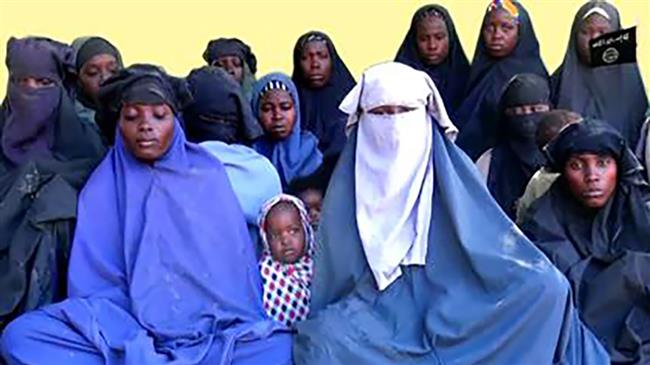
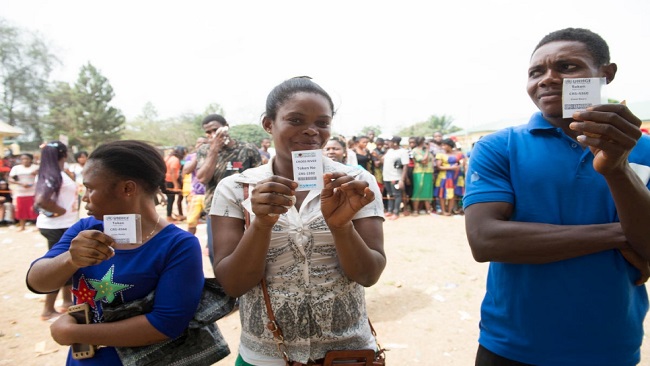
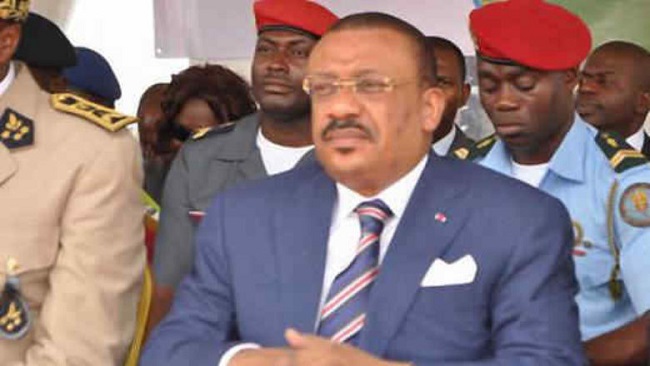
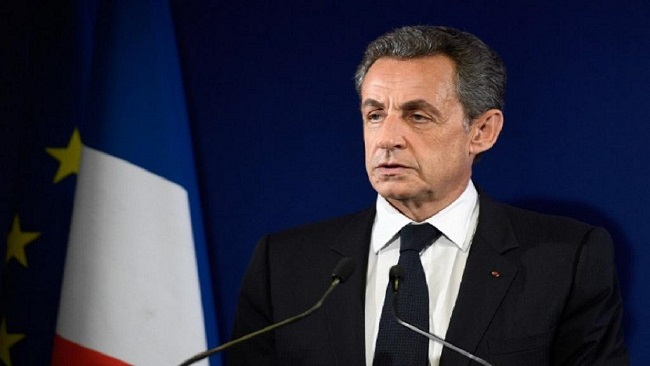
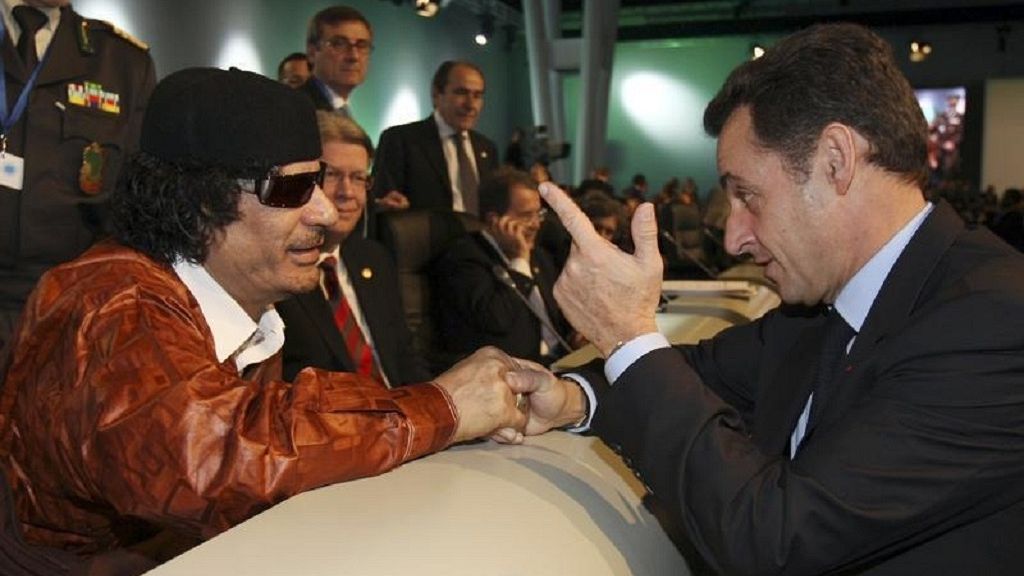
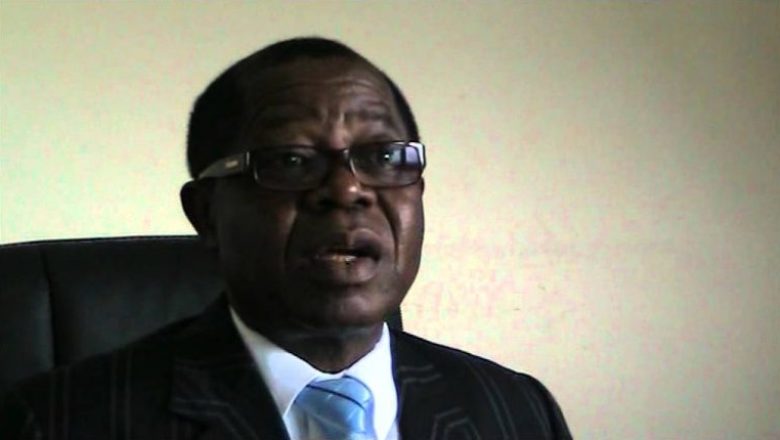


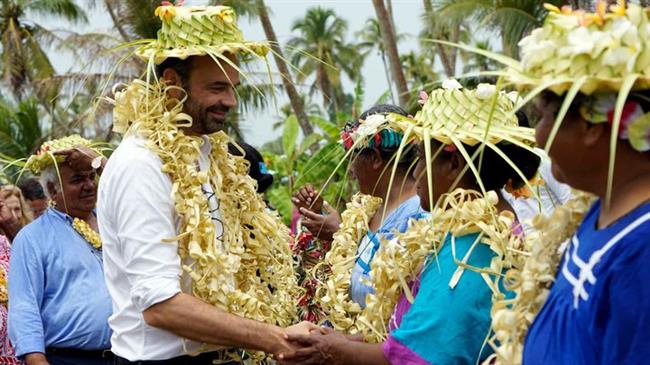
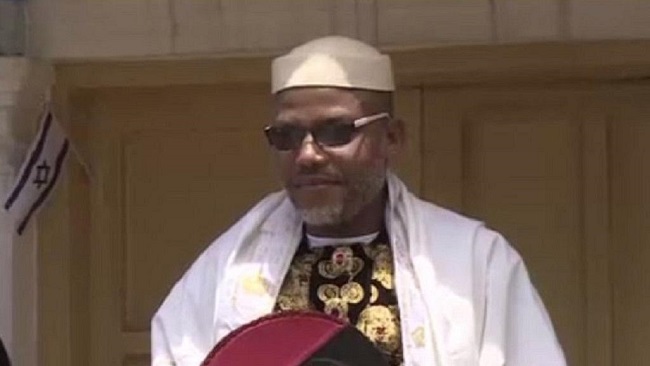

















21, March 2018
Congo-Brazzaville: Pool rebels to be disarmed in April, $70m needed to resettle 114,000 people 0
Negotiations between the government of the Republic of Congo and rebels in the Pool region have reached a critical agreement that will see a disarmament process take off at the beginning of April.
The Joint Ad Hoc Commission of the ceasefire and cessation of hostilities agreement in the Pool held a meeting on Tuesday in Kinkala, with the objective of defining the timelines and details of the disarmament operation which ratifies the ceasefire agreement signed at the end of December.
It was agreed that from 5 April to 5 May, 14 sites will be opened in the region to accommodate ex-combatants who wish to join the Republic. This is a necessary step to enable the people of the Pool region to return to the normal way of life.
In a message he confided to Ané Philippe Bibi, his special representative to the peace agreements, Pastor Ntumi who led the Pool rebellion, reiterated his full support for the peace agreement and pledged to respect its promises, including the release of ex-combatants.
He also pledged to dismantle ‘informal barriers’ to promote free movement of people and goods in the region.
As a result of the disputed re-election of President Denis Sassou Nguesso in April 2016, Frédéric Bintsamou’s army and fighters, alias Pastor Ntumi, clashed far from the cameras and human rights observers from mid-May 2016.
$70 million humanitarian aid needed
At last week’s launch of the 2018 Plan for Humanitarian Response and Early Recovery in the region, the Congolese government and the United Nations in Brazzaville announced that seventy million dollars was needed to provide humanitarian assistance and to stimulate recovery for 114,000 people in the Pool region.
This Plan for Humanitarian Response and Early Recovery is an update of the 2017 Plan for the Pool. It targets 64,086 displaced people (including 40,543 women and girls), 5,571 host families (25,000 people) and 25,000 people remaining in affected areas.
Source: Africa News